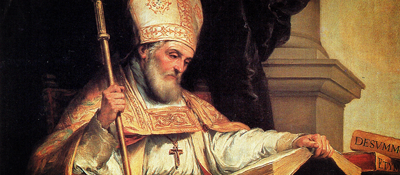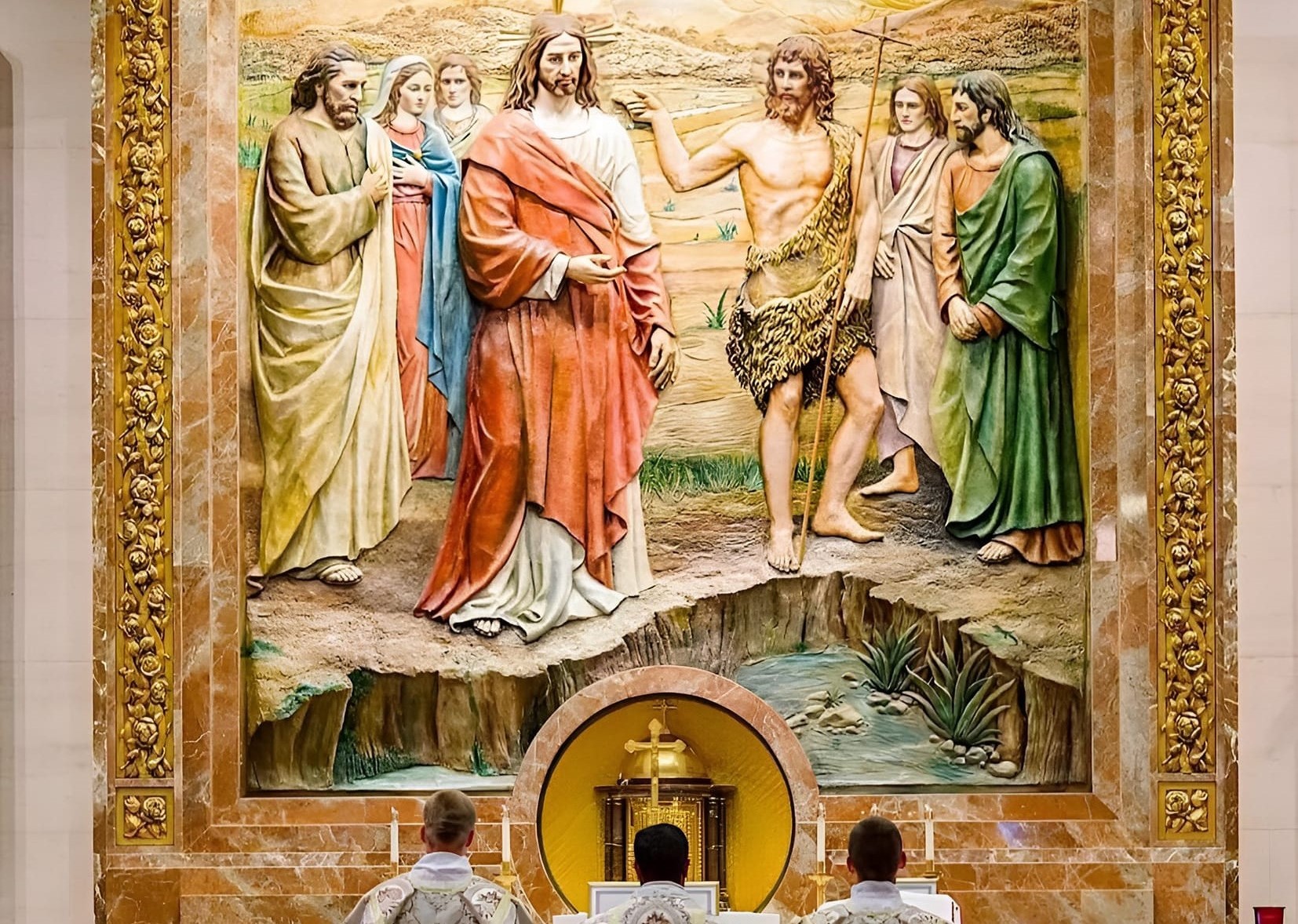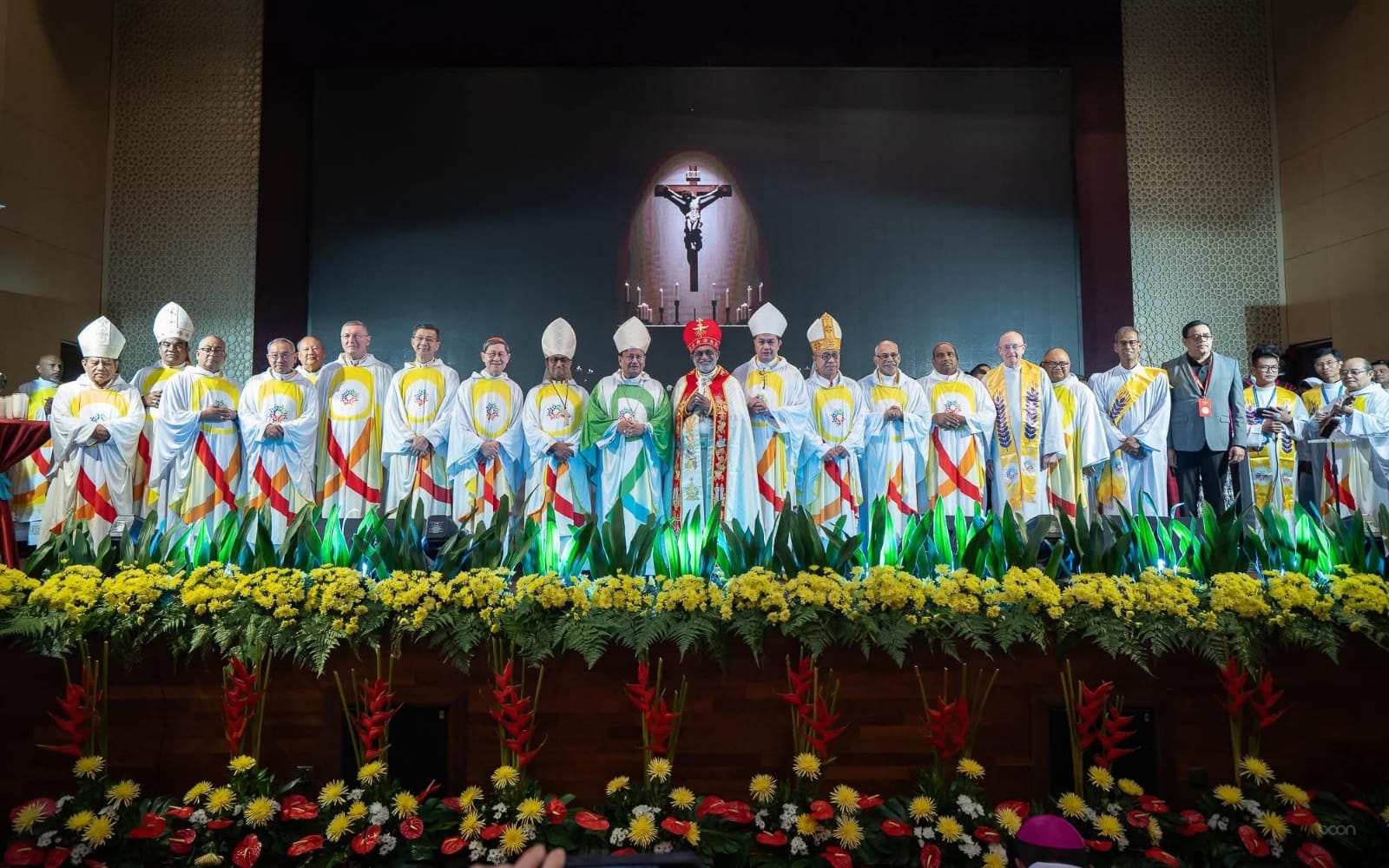– Fr Leonard E Dollentas
It is in our Catholic tradition to have our patron saints. This tradition extends to the practice of naming places after saints and assigning protector saints to certain careers, or events. In the United States, 54 cities are named after Catholic saints. St Luke who was a physician is one of the patrons of doctors. For my years in the Air Force, we have always prayed to St Joseph of Cupertino, the saint who could levitate. He is the patron saint of pilots and astronauts. The Diocese of Macau has turned to St Joseph as the protector of its educational ministry and the diocesan schools are named after St Joseph, including the diocesan seminary. In the advent of the internet, there should be a saint that we can invoke the next time our internet goes down.
THE INTERNET AND THE CHURCH
The origins of the Internet date back to research commissioned by the federal government of the United States in the 1960s to build robust, fault-tolerant communication with computer networks. (The Living Internet, Bill Stewart ed., January 2000). On January 1990 PSInet (Performance Systems International, Inc.) launched an alternate internet backbone for commercial use. This network would grow as the commercial internet we know today. Realizing that the internet offers tremendous power and opportunities, the Catholic Church has encouraged the faithful to adopt its technology. This is after the Church recognized that the internet’s interactive nature could help the church achieve the vision of a closer and meaningful pastoral communications. Hence, in 1997 Pope John Paul II, decided that the internet should also have an intercessor saint to guide Catholics in its proper use. He chose Saint Isidore of Seville and declared him patron saint of the internet.
THE LIFE OF ST ISIDORE
Two of Isidore’s brothers, Leander and Fulgentius, and one of his sisters, Florentina, are revered as saints in Spain. This had impelled historians to claim that Isidore was born into a family of saints. However, the early life and boyhood of Isidore was not exciting and happy. It was rather sad and depressing for him. He was born in Cartagena Spain in the year 560. His life’s early gloomy experience started when his parents died while he was small. He was left under the care of his older brother, Leander. His brother may have been holy in many ways, but his treatment of his little brother was not saintly. Although Isidore was intelligent and hard-working Leander thought force and punishment would work to make him learn much faster, a pedagogical approach espoused in his time in Spain.
His young mind was not able to cope up with the harshness of the educational method forced on him. He decided to run away from home. His running away from home would be an occasion for him to learn an important lesson in life. While he was in the woods and feeling sorry for himself, some drops of water falling on a rock caught his attention. Observing closely, he noticed that the small but constant drops of water had worn a hole in the hard rock. The thought came to him that he could do to himself what the little drops of water did to the rock. He pondered that if he kept working at his studies with courage, even with some small efforts would pave the way for a greater learning. For him, this same way may also wear down the rock of his brother’s heart.
His lesson learned from the water dripping on the rock led him back home and enabled him to embrace with sacrifice the education imposed on him. After he returned his brother restricted him to a cell so he can complete his studies and would not run away again. Isidore’s new and decisive efforts had borne fruits of love that prompted him to understand Leander as his elder brother and forgive him. Later, the two brothers would work side by side. In the year 600, Isidore succeeded his brother, Leander, as Bishop of Seville, and after Leander’s death, Isidore would complete many of the scholarly works his brother had begun.
HIS LOVE FOR OTHERS
It is always almost instinctive for us to blame the past for our present and future problems, but not for Isidore. He was able to see some positive outcomes from the abusive way he was taught. His experience taught him to embrace education and made it his life’s work. Isidore rose above his past to become known as the greatest teacher of his time in Spain.
He wrote a number of books on grammar, history, geography, astronomy well as theology. He was the bishop of Seville for 37 years. Under his administration and perhaps remembering the authoritarianism of his brother Leander, he rejected autocratic decisions. He prepared consultations through organized synods to discuss the administration of the Church.
While he possessed an outstanding mind, he may have been endowed as well with a genius of his heart that guided him to see beyond discouragement to joy and opportunity. Near the end of life, he still had a heart for others, he gave all his possessions to the poor who were gathered praying for him at his house. He died in 636, and later was widely regarded as the last of the Fathers of the Church.
PATRON OF THE INTERNET
Isidore’s life ended long before the first host-to-host ARPANET connection in 1969, the first internet. Nonetheless, he was chosen as the patron saint of the internet because he was the compiler of the Etymologiae, an encyclopedia wherein he summarized and organized a wealth of knowledge from hundreds of classical sources. This encyclopedia, in a way, functions like the internet.
No doubt, St Isidore had such a comprehensive knowledge but besides knowledge he also had wisdom. This has made him the best choice as patron of the internet. While our world has advanced in knowledge, science and technology we are lacking in wisdom. Knowledge has given us all sorts of great things like the internet but wisdom is necessary to use this thing well.
Our ultimate source of wisdom is always God. St Isidore wrote: “If a man wants to be always in God’s company, he must pray regularly and read regularly. When we pray, we talk to God; when we read, God talks to us. All spiritual growth comes from reading and reflection. By reading we learn what we did not know; by reflection we retain what we have learned. Reading the holy Scriptures confers two benefits. It trains the mind to understand them; it turns man’s attention from the follies of the world and leads him to the love of God.” (from Book of Maxims by Saint Isidore)
Here’s a prayer to Saint Isidore before logging on to the internet:
Almighty and eternal God, who created us in your image and bade us to seek after all that is good, true and beautiful, especially in the divine person of your only-begotten Son, our Lord Jesus Christ, grant we beseech you, that, through the intercession of Saint Isidore, bishop and doctor, during our journeys through the internet we will direct our hands and eyes only to that which is pleasing to you and treat with charity and patience all those souls whom we encounter. Through Christ our Lord. Amen. (http://www.drcm.org/prayer-manual/860)


 Follow
Follow


